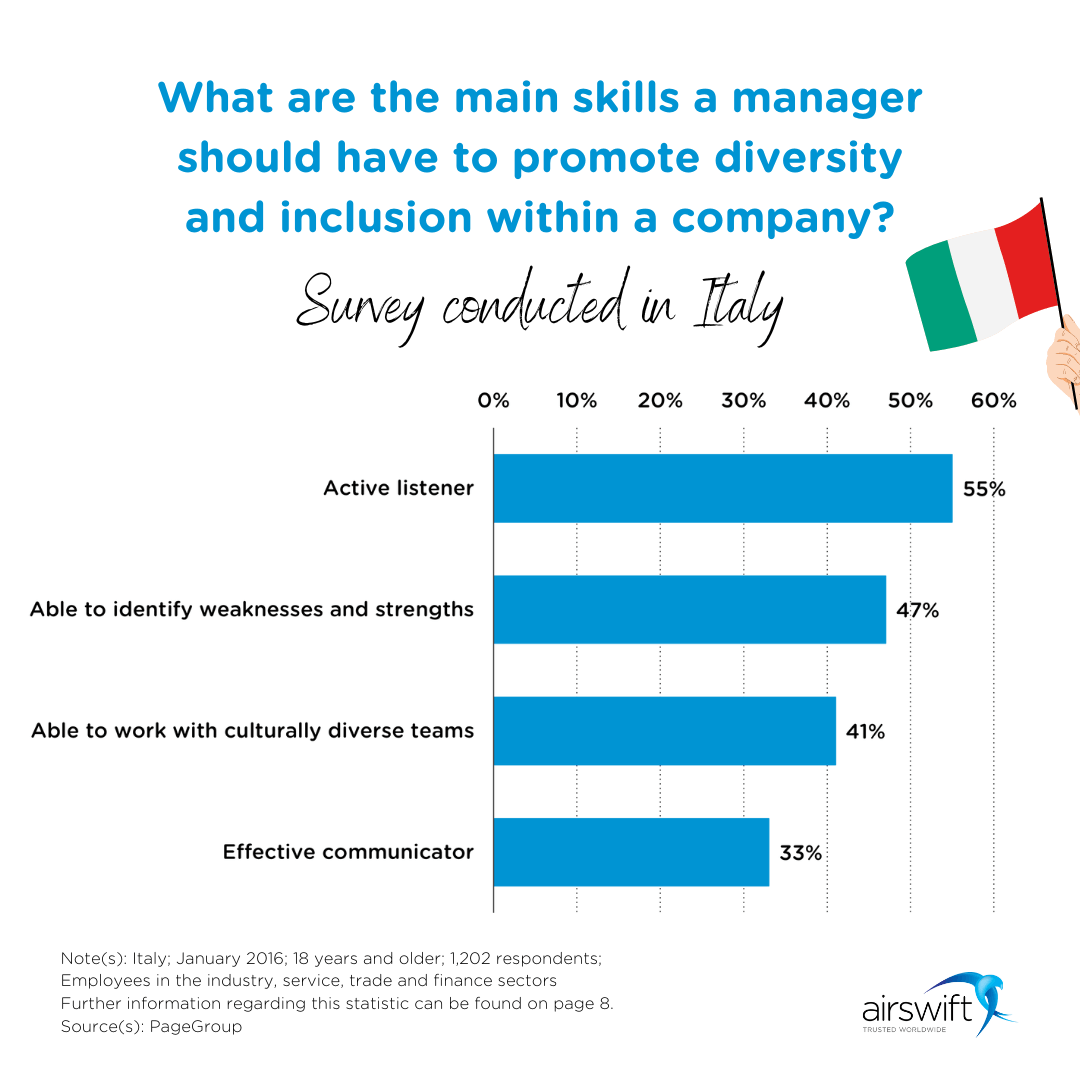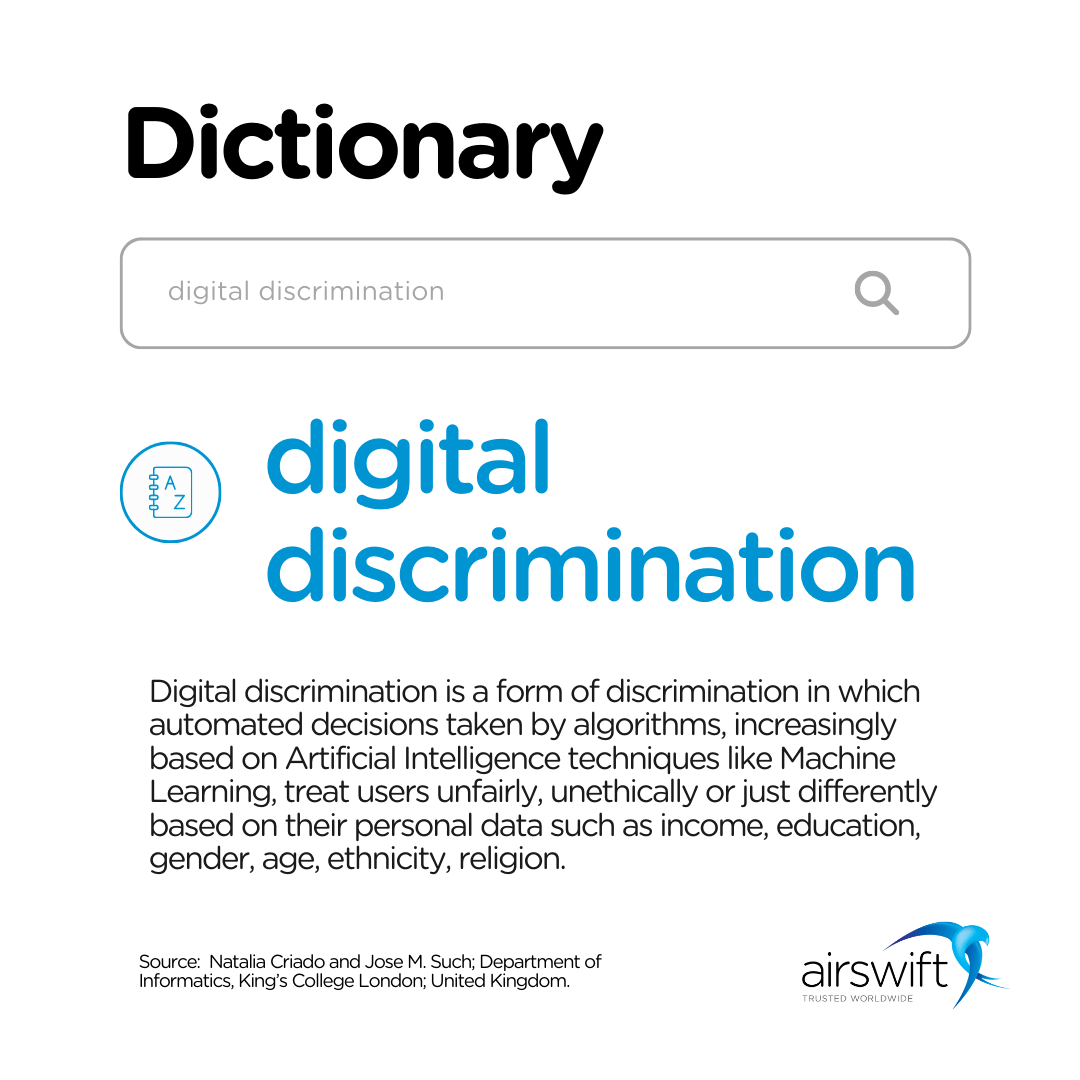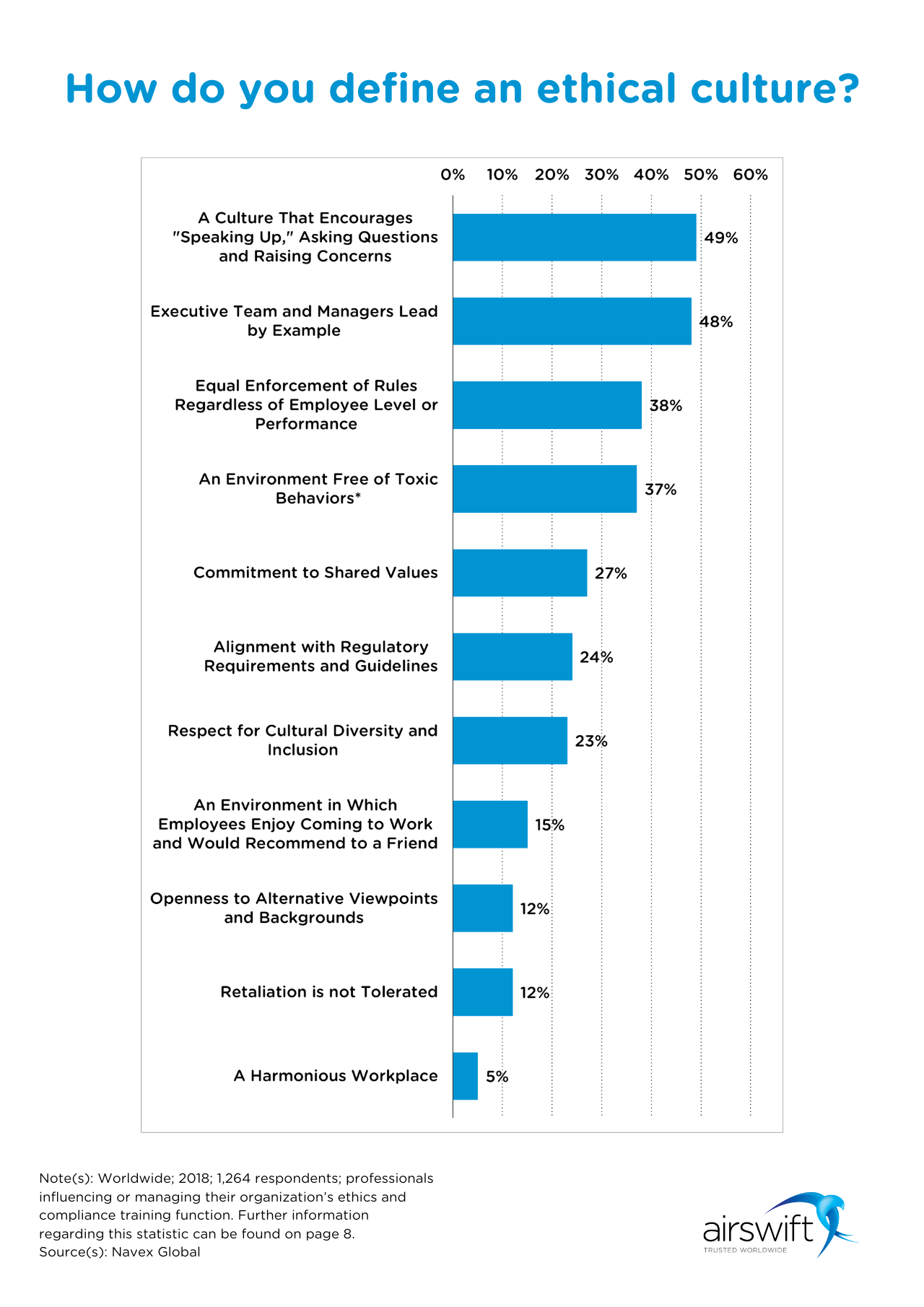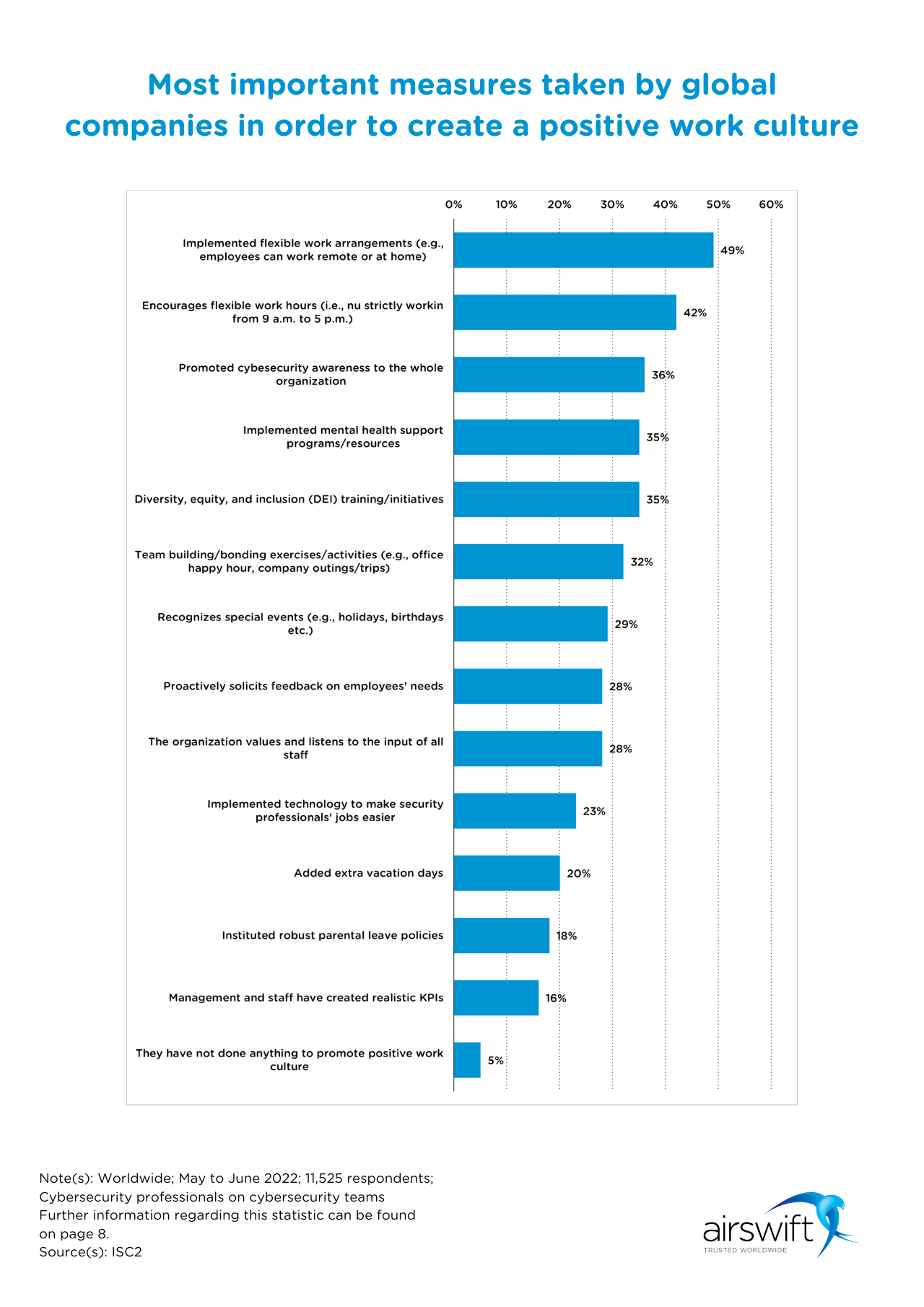
By
Raphael Santos
April 3, 2023
Updated
September 12, 2023
Source: Frame Stock Footage/Shutterstock
These strategies can prevent unfair algorithms and foster innovation plus diversity in your business
In today's world, diversity is incredibly important for any organisation - especially in the tech industry. However, many tech teams lack diversity and there are reports of digital discrimination inputed into artificial intelligence algorithms.
The technology sector has traditionally had few diversity initiatives in place. Increasingly, companies are being encouraged to diversify their machine learning team in order to create more inclusive products and services.
Developing innovative and diverse tech teams is a challenge but it doesn't have to be daunting. With strategic planning and support from upper management, tech teams can become dynamic forces of problem solving and creativity.
 Source: Frame Stock Footage/Shutterstock
Source: Frame Stock Footage/Shutterstock
There are many strategies organisations can use to ensure their teams include diverse backgrounds and experiences that help create better solutions for customers and business.
In this article, you will discover how to create a high-performance tech squad that embodies an inclusive culture!
1. Start early from the top with recruiting and engagement patterns
Recruiting can often be a challenge when companies are trying to build diverse and innovative teams. So, starting early with recruiting and engagement patterns allows companies to open up their recruitment process and cast a wider net for more diverse candidates.
Companies can be proactive about diversifying their teams by reaching out to universities, coding bootcamps, community organisations, and other non-traditional sources.
Fresh perspectives start with leadership
Managers have become aware that it is not always necessary for roles in a tech team to possess a four-year degree requirement. This will give the organisation access to candidates from different backgrounds who can bring fresh perspectives.

And when there is more diversity in the leadership that guides decisions and contributes to innovation, it can drive faster and sooner your diversity, equity, and inclusion (DE&I) plan.
Additionally, it’s important to follow through and engage potential hires during all phases of the recruitment process, so they feel valued and respected as potential team members. When you start building your outreach strategies earlier on you are giving yourself more time to build quality relationships with these candidates which will ultimately lead to better hires in the long run.
2. Seek out skilled candidates from under-represented backgrounds
Diversity comes in many forms — whether it's cultural, gender-based or ability based — seeking out talented individuals from under-represented groups can also provide invaluable insights into different ways of approaching problems that can prove beneficial to your team's success.
Diversity combats discrimination from algorithms
Tech teams predominantly consist of people with similar backgrounds; these perspectives can widen the team’s knowledge when it comes to discerning ethical digital decisions.
Having diverse team members can help reduce the risk of digital discrimination within AI algorithms, as the programming process will include a variety of standpoints.

3. Measure for cultural fit
Rather than settle for a single set of criteria by which you measure every potential hire — academic credentials, professional background and etc. — consider using cultural fit as one method for evaluating potential employees.
For those not familiar with the term, cultural fit refers to the extent to which an individual is aligned with the organisational culture of a company. When evaluating employees for cultural fit, businesses can look for criteria such as communication style, work ethic, attitude towards collaboration and teamwork, adaptability, and leadership potential.
It may also involve assessing how an employee's personality and behavior aligns with the company's values and mission. Ultimately, it is about finding the right balance between a candidate's skills and experience, and how well they fit within the company's culture.
Cultural alignment sustains innovation and diversity
It’s important that prospective hires possess both the capabilities needed to perform the job at hand and align with the organisation’s culture to help amplify the performance of existing team members through collaboration and innovation.
Measuring for cultural fit allows recruiters to identify potential employees with good values, who have the ability to cooperate with their team members and who understand the company's mission statement.
By measuring for cultural fit and valuing diversity, recruiters can increase productivity by having an environment of collaboration as well as mitigating employee turnover caused by mismatches or disagreements between an employee and organisation’s culture.
4. Forget about geographical boundary limitations
In today's digital world, geographical boundaries are not a limitation when it comes to developing an innovative and diverse tech team. No matter where your software engineers are located, they can still communicate and collaborate on projects in a virtual setting.
The world is your talent pool
By tapping into a global talent pool of experienced developers, companies can build teams with a wider range of skillsets, enabling them to create products faster and at reduced costs.
Additionally, geographically dispersed teams allow companies to access new perspectives that may not be available in the local market. This can help lead to innovative solutions that will give them a competitive edge.
Connecting with different cultures provides companies with renewed insights into international markets, thus increasing their customer base and profitability.
5. Encourage an attitude of openness and permission
While hiring new talent ensure they possess an open-minded attitude which enables them to think outside the box when faced with challenging situations and be comfortable discussing multiple points of views when trying out fresh ideas.

Innovation thrives on trial and error
Openness encourages people to take risks and share their creative ideas, as well as hear and learn from the different perspectives of their colleagues. And providing a safe space for this ensures that team members feel comfortable with to taking ownership of their work.
With all of that, comes diversity to further enhance innovation by providing a wider view of available solutions and increasing the probability that the best idea can be identified no matter its source.
Additionally, encouraging an open atmosphere helps foster a culture where everyone’s contributions are valued and respected regardless of background, age or other differences.
6. Plan team activities to encourage team bonding
Team building activities can help employees from different backgrounds connect with one another on a personal level and interact in ways that they otherwise wouldn't have the opportunity to on a daily basis.
Especially for teams that are mostly remote. Having team building activities scheduled throughout the year will serve as another layer to further unify the group and make sure everyone has the opportunity to engage with one another and express tthemselves in a safe environment.
Uplifting one another is essential
These activities help to create an environment of mutual respect where each member feels empowered by their unique ideas and abilities. This helps to foster innovation and encourages creative problem solving within a diverse team. By creating a team atmosphere that allows individuals to connect with one another in a meaningful way, it signals to all involved that their contributions are valued.
7. Prioritise industry knowledge sharing
Industry knowledge sharing is important for organisations to ensure that their technical teams possess the necessary skills and understanding of industry regulations so that they can create compliant products.
For instance, BP has implemented a program called "reverse mentoring", in which young talent is paired with senior executives to share knowledge.
This program allows C-level employees to learn from top junior ones about digital technologies and become tech-savvy; and young professionals have the opportunity to gain knowledge and experience in business practices from their senior mentors. The initiative proved to be highly successful.
Specialised knowledge cannot be bought
Organise training sessions focused on providing technical skills specific to certain industries like healthcare or finance where understanding subject matters are important in order to deliver innovative and diverse products that meet the standards set by different countries (for instance, HIPAA regulations for US healthcare products).
By ensuring that their employees are up-to-date with the latest technology and legislation, organisations can remain competitive in the market and have a better chance of creating high-quality products.
8. Unconscious bias training
Unconscious bias is an attitude or stereotype that we may be unaware of. It is formed over time by our experiences, attitudes, and preconceptions. Consequently, it can influence how we behave and make decisions without our conscious awareness.
DE&I training sessions
Again, DE&I is a crucial concept for businesses to understand and incorporate into their processes. It involves creating an environment that is welcoming and inclusive of individuals from different backgrounds, cultures, and identities.
To incorporate DE&I, businesses can conduct blind interviews during the hiring process, which involves removing identifying information such as name, gender, and race to eliminate unconscious biases.
Additionally, asking for feedback from underrepresented or minority groups can help identify areas for improvement and develop strategies to make the workplace more inclusive. Offering training programs that are culturally sensitive and promoting diversity can also help foster a more inclusive and equitable workplace.

By embracing DE&I, businesses can create a more diverse environment that fosters innovation, creativity, and growth.
9. Partner with an experienced Employer of Record
Partnering with an Employer of Record allows companies to quickly and effectively bring on individuals and teams with diverse backgrounds and skill sets. The employer of record handles the complexity of global hiring, payroll, benefits administration and other new hire onboarding processes.
This partnership helps reduce administrative overhead so more time can be spent on strategy, business operations, recruitment, talent management and growth.
Employer of record partners can provide access to global talent pools that could prove invaluable for companies looking for top talent in various tech fields. Without a doubt an easier way to simplify your diverse tech team building.
We can help you
Airswift is the perfect partner for you since it provides comprehensive services such as global mobility, workforce planning, immigration support, and contractor management.
Airswift also offers unique access to international talent networks, helping you find the right people for the right job. We're dedicated to helping employers better understand the complexities of global workforce development so that they can make more informed decisions when it comes to finding great candidates.
Fast-track your business's talent search journey with our recognized experience and network of more than 60 offices worldwide and over 9,000 contractors.


